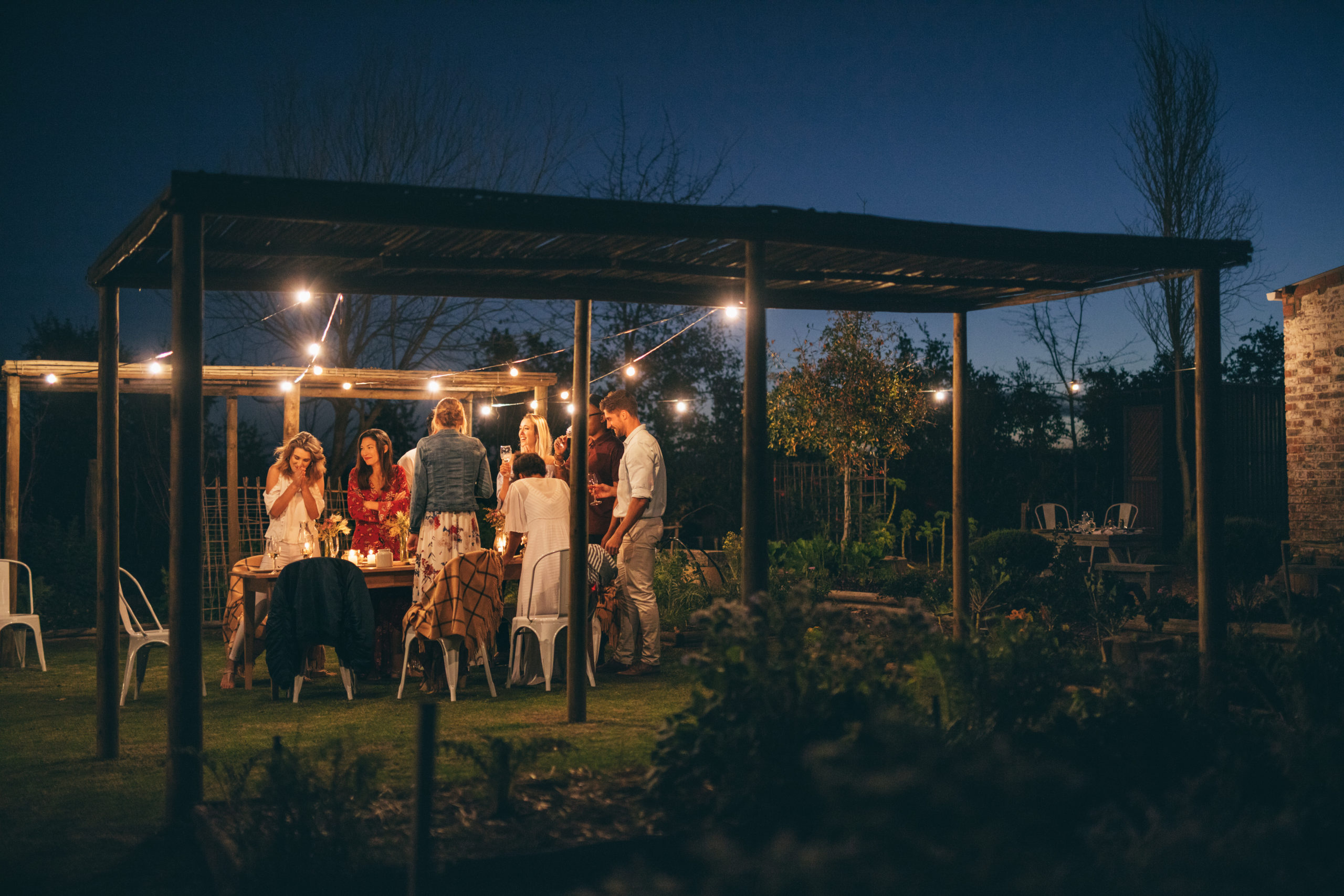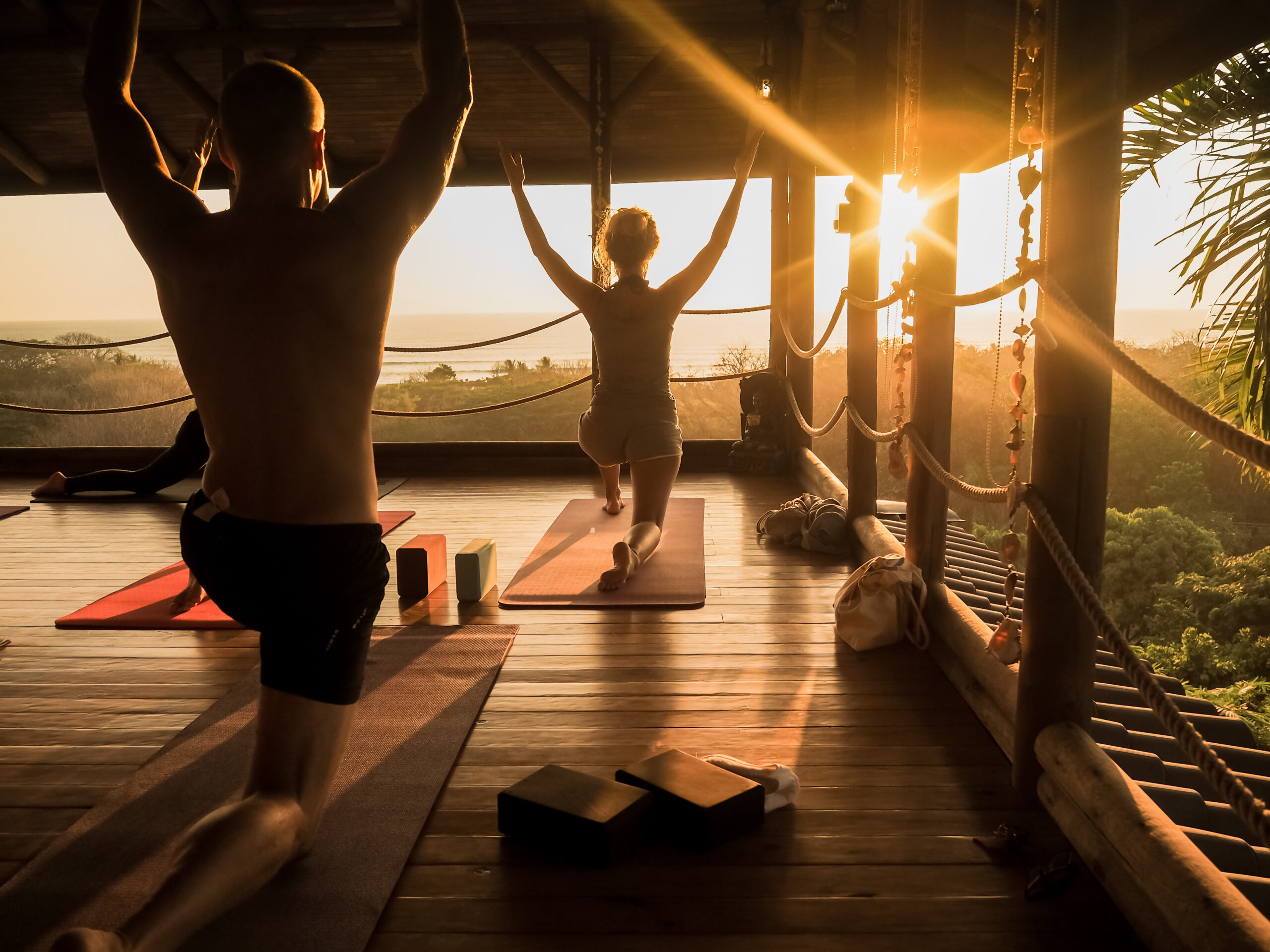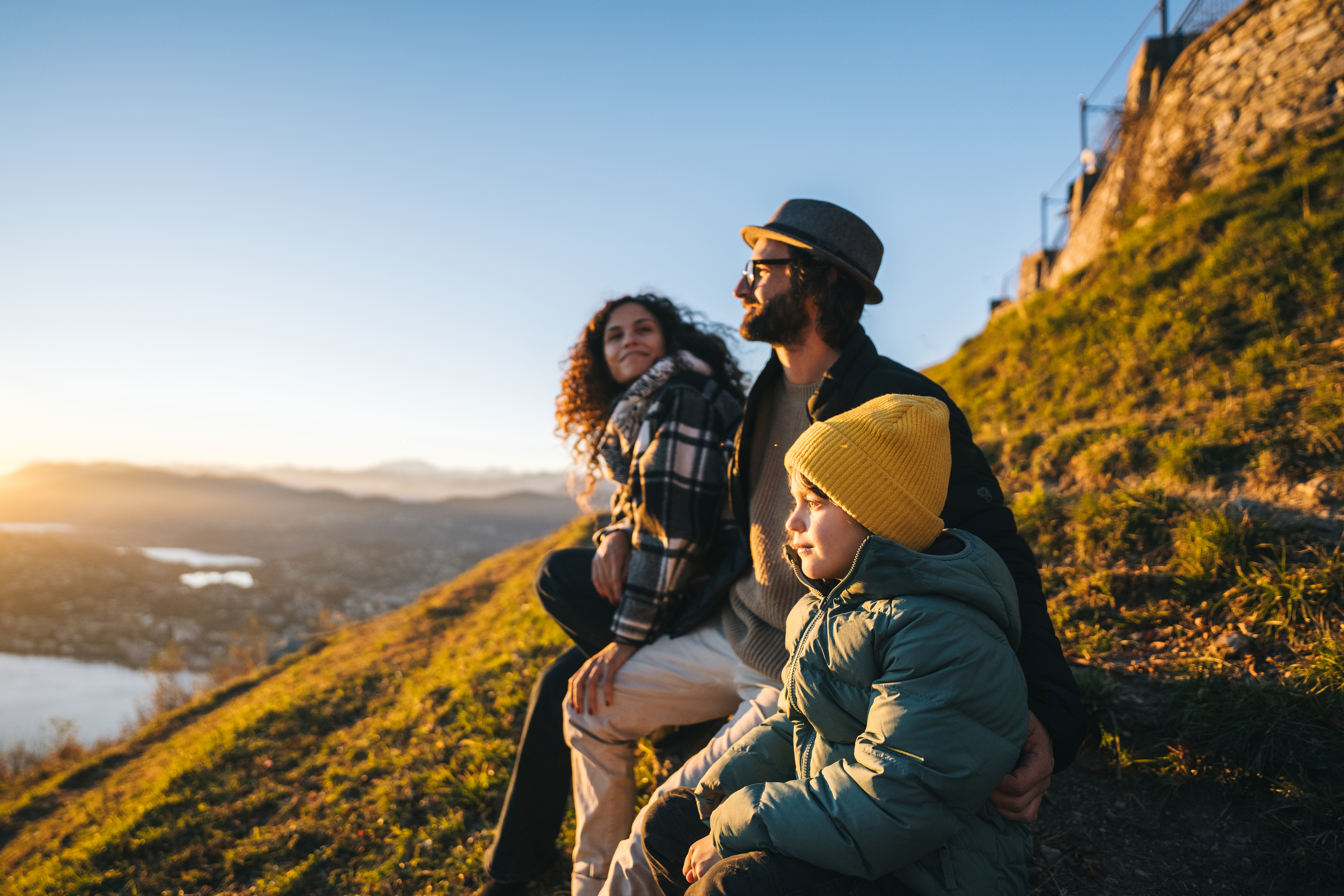by Rachel Gore
Tis the season to throw parties…usually. The holiday season is finally here, and for many, that comes with big family gatherings, Christmas parties, gift exchanges and shared potluck meals. Unfortunately, the COVID-19 pandemic isn’t going away for the holidays (as much as we’d like to pretend it is), and nobody wants their holiday gathering to be the reason a loved one falls ill.
To make sure that doesn’t happen, the holidays will have to look different this year. But while there’s no getting around the fact that COVID-19 means some modifications will be necessary, that doesn’t mean you can’t spend the day appreciating your loved ones and honoring the holiday spirit.
Here are some tips and guidelines on how to prepare for the holidays during this unprecedented year:
- Nix the travel plans. Thanksgiving, Hanukkah, Christmas and other holidays that fall at the end of the year are typically huge travel days. Families have traditions of bundling up and road-tripping to extended family or hopping on a plane or train to see loved ones on the other side of the country. This year, you might want to reconsider those travel plans. With COVID-19 case counts at the highest rates since the pandemic began, traveling is not your wisest option.
-
Opt for a smaller or virtual dinner. Instead of the big extended family dinner, take the holidays to enjoy a smaller dinner with only the people who live in your household. If you miss the large gathering, consider hosting a virtual dinner with family. While it can’t beat seeing them in person, it keeps everyone a lot safer.
-
Move your event outside. If your family is still determined to gather in person, hold the event outside, if possible. Wear masks, stay six feet apart from guests not from your household and limit the time you’re there. Simultaneously, be courteous of others: local park-goers may feel uncomfortable or unsafe if they see a huge gathering on their daily jogging route. Even gatherings held outdoors should be kept smaller. If you’re inside, open windows to allow airflow.
-
Do your holiday shopping online. Gone are the days of packed mall parking lots filled with customers eager to take advantage of in-store midnight Black Friday sales. This year, swap that Black Friday tradition out with online holiday shopping to reduce potential contact with hordes of strangers. You can also consider hybrid shopping experiences, like ordering online for in-store pickup, as a way to limit the time you spend inside.
-
Consider who you’re inviting into your home. Individuals who have not abided by social distancing, mask-wearing, handwashing and other COVID-19 precautions are more likely to pose a risk to your family than those who have. If you have any doubts about your family or friends’ behavior before the event, deciding not to host or shortening the guest list may not be bad ideas.
-
Do your research on community spread. Not every community is equal when it comes to COVID-19. A simple Google search or visit to your local health department website can clarify what the pandemic looks like where you live. If the transmission rate of COVID-19 in your area is high, see if another family member or friend can host. For communities already devastated by the pandemic, family gatherings add a new level of risk that could spread well past your family alone.
-
Do not attend any gatherings if you have or were exposed to COVID-19. This may seem like a no-brainer, but it’s worth putting on this list. If you or anyone in your household has any symptoms of COVID-19, which are outlined on the CDC’s website, are waiting for test results or has been exposed to someone who may have the disease in the last 14 days, nobody in your household should attend any in-person gathering whatsoever. Similarly, those at high risk of severe illness or death should also avoid in-person gatherings. It’s simply not worth the risk.
These tips might make it impossible for the holiday season to look exactly like it used to, but that doesn’t mean you have to give up the holiday spirit. Hosting virtual events, creating new traditions with a smaller number of people and understanding that your sacrifice of bigger events could be life-saving for someone else can help keep the holiday joy alive.








Leave A Comment